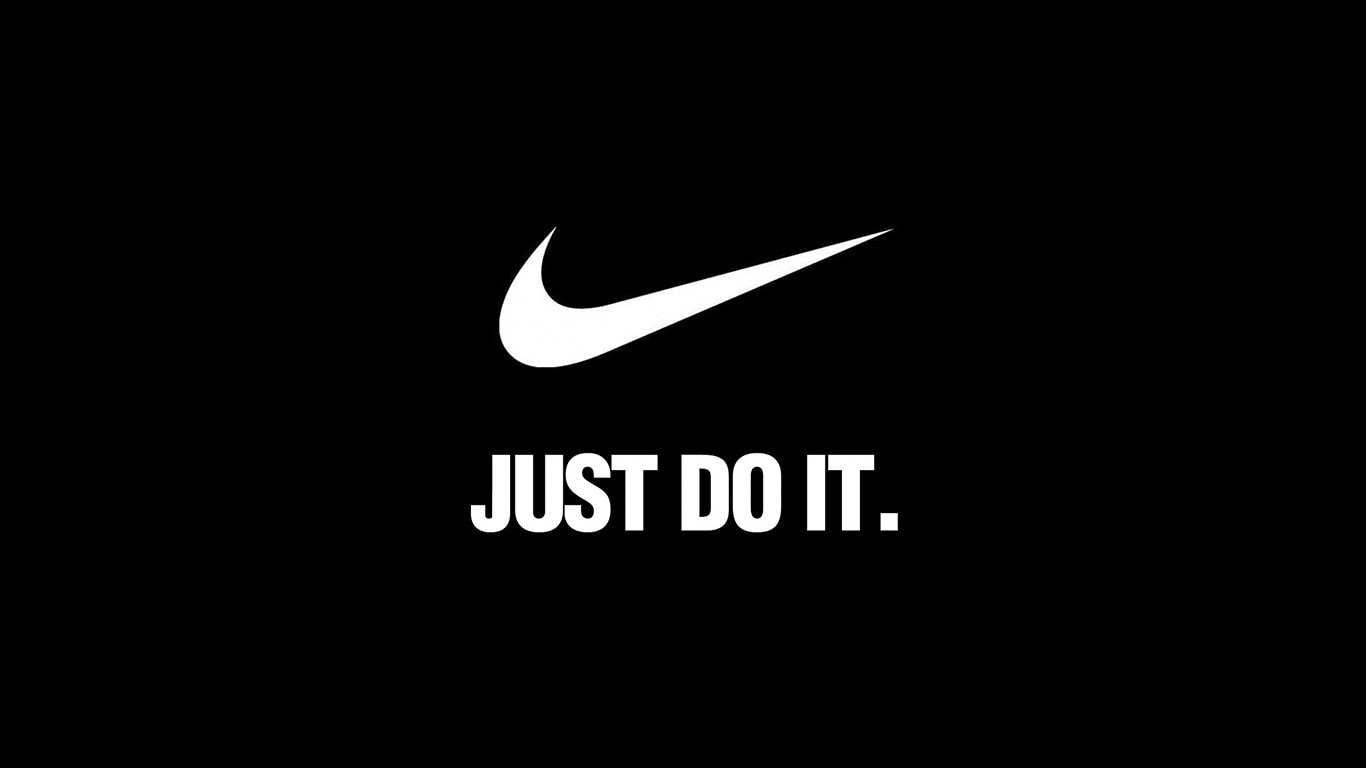Just do it is a trademark of shoe firm Nike, also among the core elements of Nike’s brand. The slogan was filmed in 1988 in an advertising agency assembly. The founder of Wieden+Kennedy bureau, Dan Wieden credits the inspiration for his “Just Do It” Nike motto to Gary Gilmore’s final words: “Let us do it.” In many Nike-related situations, “Just Do It” appears together with the Nike emblem, known as the Swoosh.
The “Just Do It” campaign started in 1988 was highly successful with all the Age selecting the campaign among the best two taglines of the 20th century together with it being both “universal and intensely private”. Even though Reebok was directing their effort at Pilates throughout the fitness craze of the 1980s, Nike responded with “a tough, take no prisoners ad campaign”. Among the campaign’s objectives would be to target all Americans regardless of age, sex or physical fitness level which resulted in Nike becoming worn as a fashion statement, not only as fitness gear (Almost 80 percent of Nike’s running shoes aren’t worn for their intended purpose). Nike’s fundamental objective was to symbolize sneakers as a fashion statement to customers, especially females, teenagers and men aged 18–40.
Throughout the effort, Nike enlisted numerous notable athletes in order to attract customers and promote the image of Nike as being reliable to not only ordinary customers but professional athletes. Trainers such as football stars Ronaldinho and Wayne Rooney, basketball celebrities Michael Jordan, and Kobe Bryant and tennis celebrities Roger Federer and Rafael Nadal were utilized in their advertisements, such as a selection of individuals from varying ethnicities and races.
Nike was confronted with criticism from Ernst & Young surrounding the effort, with the pay of elite athletes compared to those in overseas shoe makers, and for breaking up the minimum wage in their own operations in Vietnam.
The effort embodied Nike’s image as an innovative American superstar related to success through the blend of athletes and inspirational slogans emphasizing sportsmanship and wellness. This led to customers associating their purchases with the possibility of achieving greatness.
